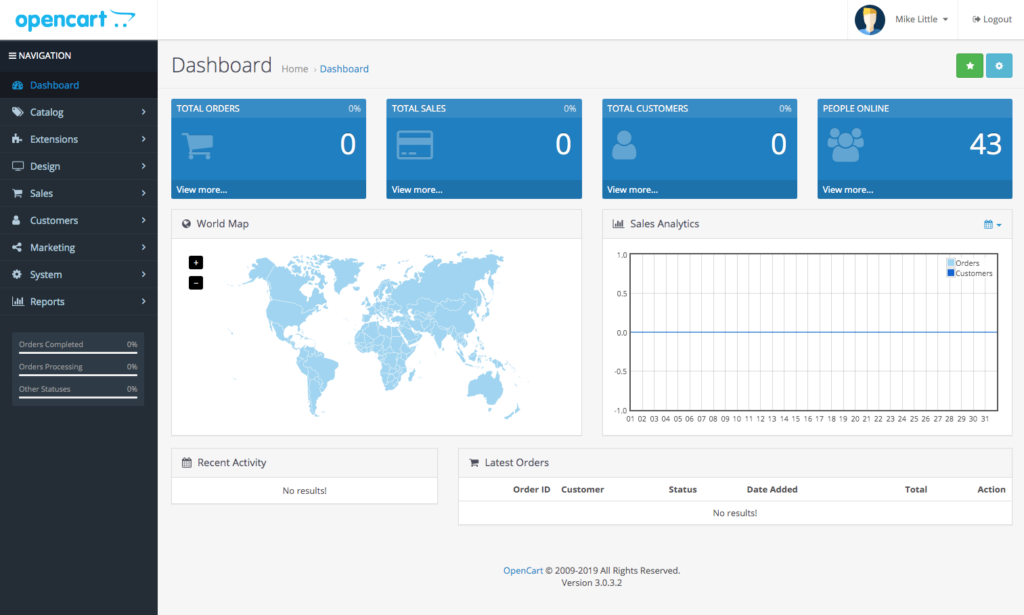Should I use Shopify to sell online? This is a question we are often asked, and unfortunately it is not a “yes/no” answer.
What is Shopify?
Shopify is a hosted ecommerce platform that was developed to enable fast and easy website creation for companies that want to sell online. There is no set-up fee, but you pay a monthly fee depending on the type of plan chosen (see current pricing below).

You can choose from a gallery of free and premium (not free) themes.
Shopify also offers a very large marketplace of “apps” that you can add to your website eg. social marketing feeds, shipping options, newsletter management etc.
Sounds great! So should I use Shopify?
Every Shopify project that we have worked on here at Creative Digital has required custom development to meet the clients requirements. In other words, the client would have been unable to create the website without our or another developers help.
This is the first point we would like to mention. If you want your website to stand out from the crowd, look credible, and perform well in search engines, then you will most likely require custom development on top of the core Shopify framework. Whether you commission a developer or not, be prepared to make an additional investment, even if this investment is time. A lot of it!
Are there any cons to using the Shopify platform?
One stands out for us. Given we work quite closely with the platform, this really irks us.
The Shopify Admin section is very, very slow. Managing your products, particularly large catalogues can be very tedious.
As your site is hosted on a managed servers in the USA, with 1000’s of other Shopify sites, do not expect lightning speeds. Even with the use of a CDN (Content Delivery Network), the site speeds are still well behind locally served websites. We say that with a caveat, as it does depend on how well your website is developed of course!
Would you suggest using an alternative to Shopify?
In short, we would. In most instances.
There are clients that insist on using the Shopify platform and that is fine. We are very happy to work with them.
We run a small website selling custom t-shirts. This was setup to demonstrate to clients wanting to set up their own stores. We initially used Shopify, but have recently transferred to the Opencart platform. We love Opencart and know it like the back of our hand (we have used since its early inception).
The website is Smug Piggy Clothing.
Advantages we have immediately noticed include:
- ease of customisation
- looks great on mobile and tablets
- ability to optimise for ultra fast page loading times
- advanced but very user-friendly administration section
- easy to use category manager (the Shopify collection feature is a nightmare)
- ability to use the Cloudflare CDN (currently you cannot with Shopify)

Another alternative, particularly if you want to do a lot of blogging with your online store, is WordPress + Woocommerce.
The Woocommerce plugin does require a bit of initial setup, but like Opencart, you can host locally and cheaply.
Out of these two alternatives we would suggest Opencart pretty much every time. It does have a blogging extension, while not as advanced as WordPress, would suit a lot of stores.
See the Artiflax website for an example of Opencart with the blogging extension in use.
To end, we are happy to work with you on all online store platforms, but we do ask that you do your own research on the pros and cons of each. The wrong decision can prove costly down the line.